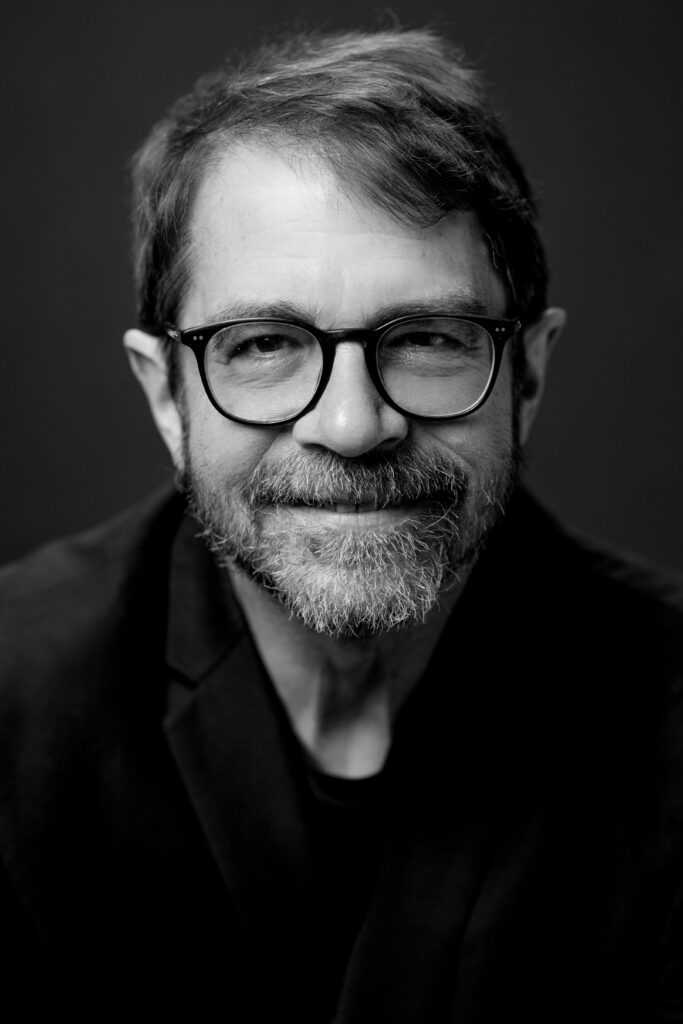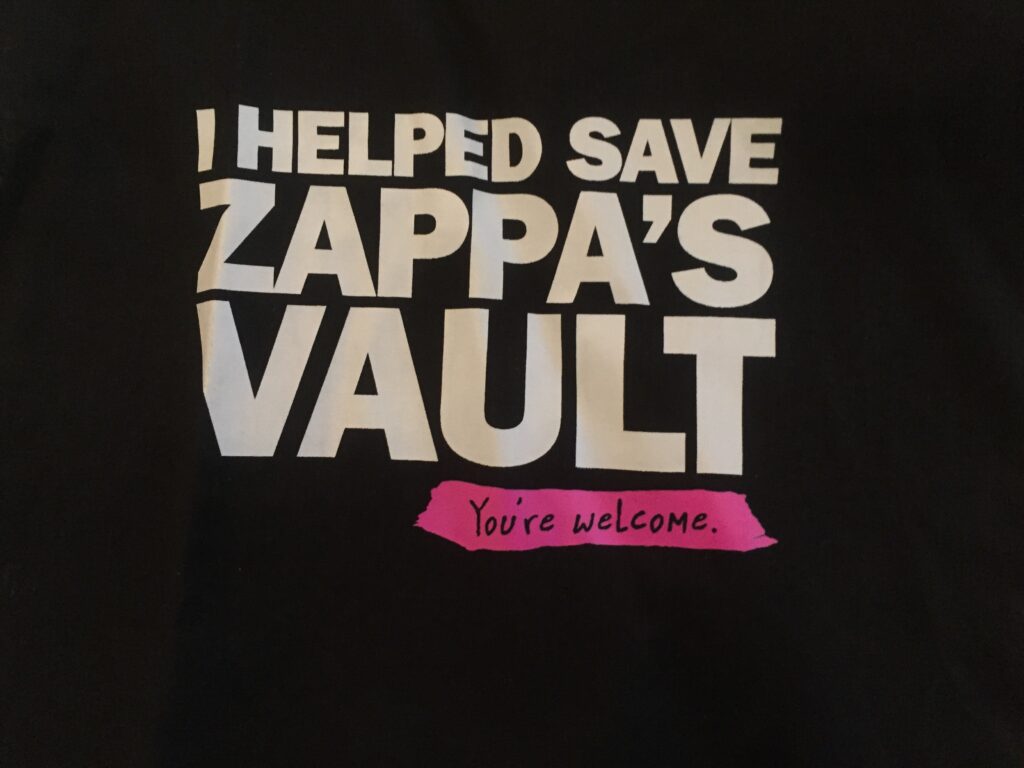This series features Schulich School of Music faculty presenting a selection
of books and music that they are exploring – for edification, inspiration, or
distraction – during these long months of social isolation. These short
interviews seek to emulate the spontaneous interactions that our patrons
enjoyed in the Music Library discussing their current reads or the recordings
that they had recently discovered (or rediscovered!). Tune in to learn about
new works and old favourites, and let us know what you are reading and
listening to!
Our ninth post in this series features Hank Knox, Associate Professor, Early Music and Harpsichord.

Q. What have you been up to in the last few months?
A. It has been a strange year! I went from an agenda covered in entries to nothing at all between March 12 and 13 last year. Since then I’ve had a lot of time to read, watch some shows and movies, practice, walk and think…
A large part of my reading has been Canadian authors. I took the first part of the year to go through all of the Mordecai Richler novels, mostly in chronological order. So much of the action takes place where I live in Montreal, I can trace the footsteps of his characters in my daily wanderings. In the fall, I discovered the writing of Kathleen Winter, a Newfoundland author currently living near Montreal. I started with Annabel, a moving story of a trans person from a remote Newfoundland village, and moved on to Boundless, her account of a boat voyage through the Canadian North. I also caught up on the most recent novels by Ian Rankin, Scottish detective novelist extraordinaire, and William Gibson.
Thanks to the Apple health app, I know that since the start of the pandemic here in Quebec, I have walked over 1,600km and taken over 2,750,000 steps!
I have listened to a modest amount of music, most recently the first CD by Montreal Early Music ensemble, Les Barocudas, consisting of recent McGill graduates Marie Nadeau-Tremblay (violin), Ryan Gallagher (cello and gamba) and Nathan Mondry (harpsichord and organ). Their offering, planned well over a year ago, features music from another time of pestilence, the great plagues of the late sixteenth and early seventeenth centuries. Despite the macabre thematics, the music is beautiful and the playing very moving.
After several uninspired months, I started practicing in earnest last fall and have prepared the 30 sonatas from Domenico Scarlatti’s Essercizi per gravicembalo, or Keyboard exercises, delightfully acrobatic pieces that have pushed me technically like I haven’t pushed myself in ages. With some luck, there will be a CD.
Finally, along with the various British detective series we’ve been watching, I watched the recently released documentary by Alex Winter called, Zappa!, about, oddly enough, Frank Zappa. Some 5 or 6 years ago, a call went out on Kickstarter to help fund the preservation of the video material in Zappa’s extensive personal vault, a project to which I contributed enthusiastically, and the movie, featuring much of that material, premiered in the last few months and is wonderful. (Maybe the best part was looking for my name in little letters in the Thank You section at the very end!).

